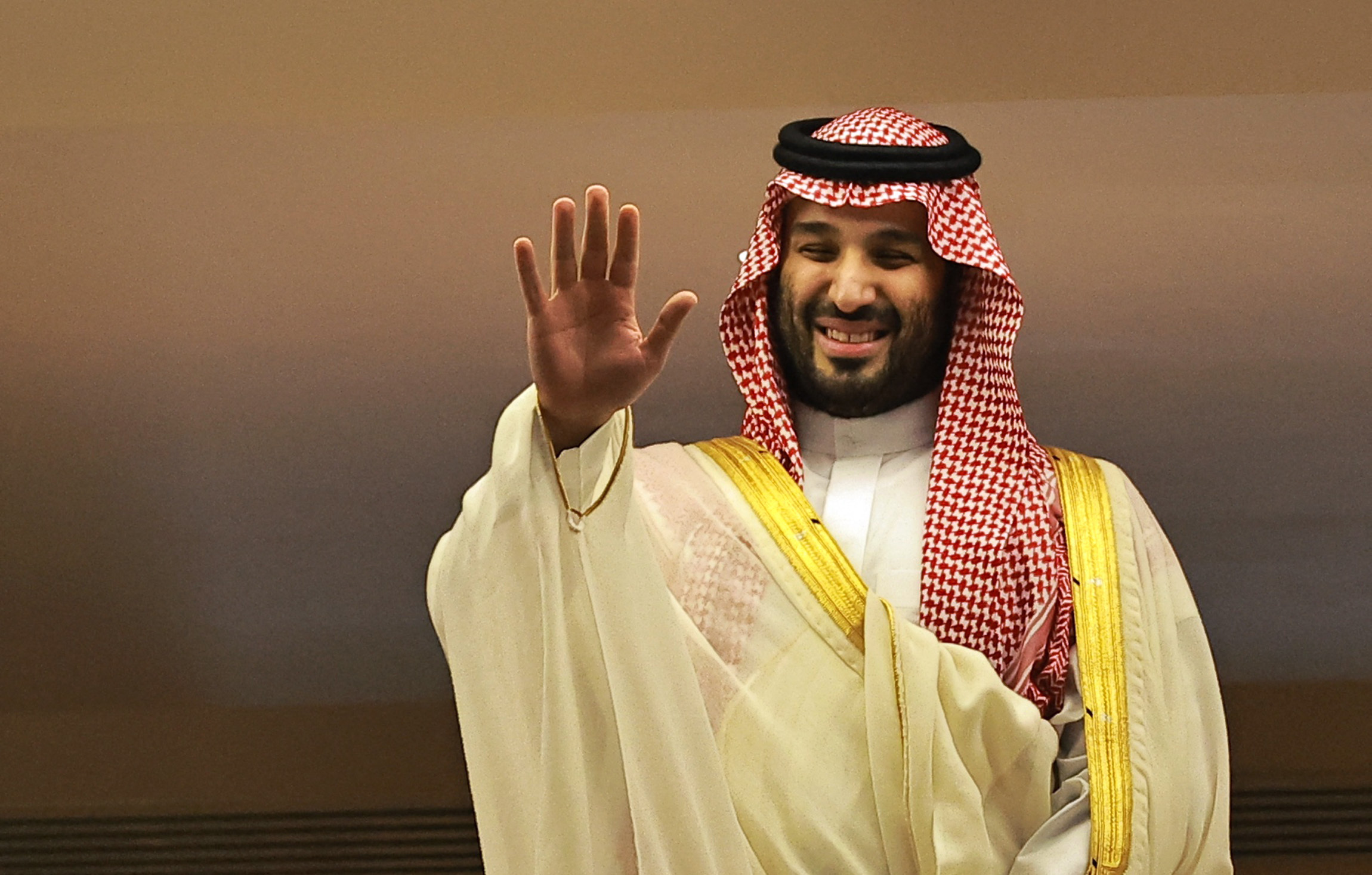
Saudi Arabia and Russia, both influential members of OPEC+, have been working closely to manage oil output levels in response to fluctuating global demand. This meeting underscores their shared interest in coordinating oil production policies to support market stability. OPEC+ has been instrumental in adjusting output to prevent sharp price swings, with the Saudi-Russian partnership being central to these efforts. Lavrov's trip to Riyadh is also seen as a signal of the deepening ties between Moscow and Riyadh, particularly in the energy sector.
The timing of the talks is crucial as the global oil market navigates through economic challenges, including shifting demand patterns and concerns over inflation. Oil prices have been volatile, with supply cuts by OPEC+ earlier this year aimed at stabilizing the market. The organization's strategy of managing production cuts has faced mixed reactions from other global economies, particularly those that rely on steady energy supplies to fuel their industries.
During the discussions, Crown Prince Mohammed bin Salman and Lavrov are reported to have explored ways to enhance their cooperation within OPEC+ as they look ahead to the next phase of oil production planning. Both nations have reiterated their commitment to the OPEC+ framework, which has played a pivotal role in shaping oil output levels across member countries. As major oil exporters, Saudi Arabia and Russia's actions in this arena have significant implications for global energy markets.
Russia, despite facing international sanctions and challenges stemming from the conflict in Ukraine, continues to leverage its energy exports as a key economic tool. The partnership with Saudi Arabia offers Moscow a vital lifeline in maintaining its influence in the global oil market, even as Western nations seek to reduce their dependence on Russian energy supplies. The bilateral relationship between the two countries is also growing beyond oil, with both sides showing interest in expanding cooperation in various sectors, including defense and trade.
Saudi Arabia, on the other hand, has been navigating its own economic transformation through Vision 2030, a strategy aimed at diversifying its economy away from oil. However, oil remains a critical revenue source for Riyadh, and maintaining a stable market is essential to funding its ambitious domestic projects. The kingdom’s role within OPEC+ has been to advocate for policies that protect long-term market stability, balancing the interests of both producers and consumers.
The cooperation between Saudi Arabia and Russia within OPEC+ has been a cornerstone of their bilateral relationship. Despite challenges such as the ongoing sanctions on Russia and evolving global energy dynamics, both nations have emphasized the importance of continued dialogue. The coordination between the two energy giants has helped OPEC+ navigate through periods of uncertainty, including the effects of the pandemic on oil demand and production.
Energy analysts have noted that the Saudi-Russian alliance is critical to the future of OPEC+. As the global energy landscape continues to evolve with the rise of renewable energy sources and shifting geopolitical alignments, the ability of OPEC+ to maintain cohesion among its members will be tested. Saudi Arabia and Russia, by working closely together, have thus far managed to keep the group's strategy on track, though the road ahead remains uncertain.
Lavrov's visit to Riyadh also reflects broader geopolitical concerns, as both Russia and Saudi Arabia seek to strengthen their influence on the world stage. For Russia, deepening ties with Middle Eastern powers like Saudi Arabia is part of its strategy to counter Western sanctions and maintain a foothold in the global economy. For Saudi Arabia, the relationship with Russia offers a strategic counterbalance to its long-standing alliance with the United States, particularly in the context of energy and defense cooperation.
The talks between the crown prince and Lavrov also come at a time when global powers are grappling with the consequences of Russia's ongoing conflict in Ukraine. While Saudi Arabia has maintained a neutral stance on the conflict, its energy ties with Russia have raised questions about its broader geopolitical positioning. Both nations share a vested interest in preventing oil prices from falling too low, as this would hurt their economies, but they also recognize the need for balance to avoid fueling inflation in energy-importing countries.
As part of the discussions, the two leaders are believed to have reviewed OPEC+ policies and evaluated potential adjustments to production targets, although no formal decisions were announced. The ongoing dialogue between Saudi Arabia and Russia is expected to continue shaping the direction of OPEC+ as the organization seeks to navigate through global economic challenges. Their partnership remains one of the most influential forces in the energy market, with both nations determined to ensure their interests are aligned as they work together to manage oil output levels.
Topics
Spotlight
